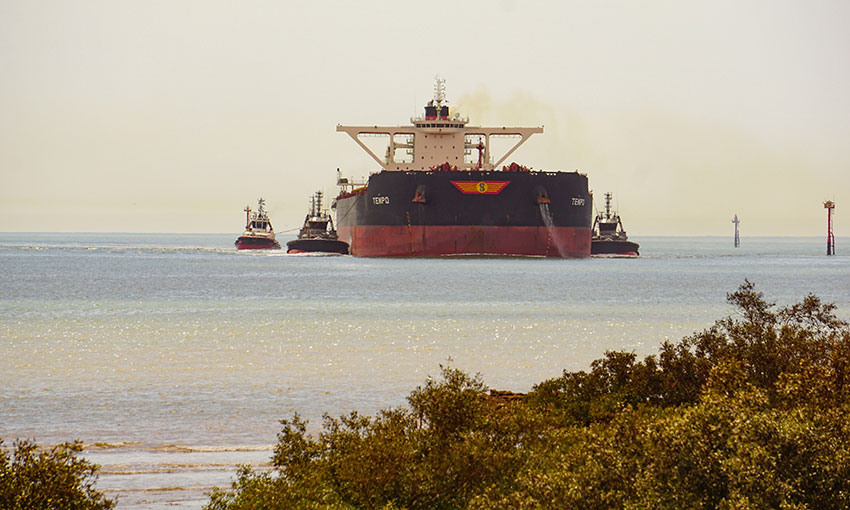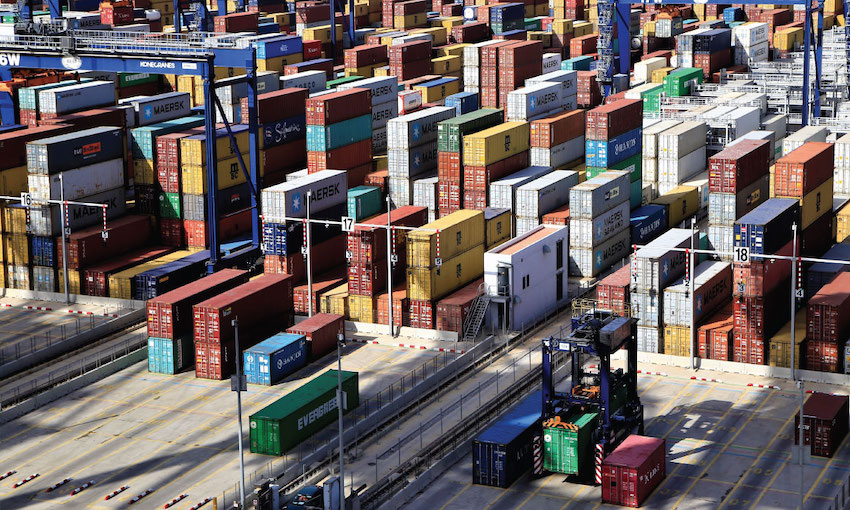FOUR major mining companies, together with international shipowners association BIMCO, have published a position paper that proposes ways to accelerate the adoption of digital technologies across the metals and mining supply chain.
The companies – Anglo American, BHP, Rio Tinto and Vale – have formed a working group, the Metals and Mining Digitalization Forum (MMDF) and, with the support of BIMCO, aim to engage all parties involved in the digitalisation of trade.
The position paper outlines the progress made so far in digitalising the metals and mining trade, highlights the barriers that MMDF members are facing in achieving full end-to-end digitalisation, and describes the significant benefits to the industries, and thereby the global economy, if trade digitalisation is achieved.
The economic benefits of trade digitalisation are unmistakable. According to a report by the International Chamber of Commerce, an estimated 4 billion trade documents are in circulation.
BIMCO director, standards, innovation and research Grant Hunter said manual paper-based processes are a source of cost, delay, error, inefficiency and risk.
“One research report shows that these inefficiencies contribute to a staggering $507 billion of working capital trapped in S&P 1500 supply chains alone,” Mr Hunter said.
Often, legal uncertainty, interoperability of various platforms and the lack of comprehensive standards are cited by industry stakeholders as barriers and challenges that need to be resolved.
In a joint statement, the mining companies said: “As a working group, the MMDF aims to bring forth the next wave of digitalisation at speed, drawing on insights and synergies from all stakeholders to advocate for a conducive environment and greater adoption of digital tools”.
An area of initial focus is the electronic bill of lading (eBL), which is gaining traction in the iron ore trade.
Based on information provided by MMDF members, and consolidated by BIMCO, MMDF members together account for around 1 billion tonnes of iron ore shipped on average per year. Between 2021 and 2022, these leading mining companies contributed to an increase in the amount of iron ore carried on eBLs by 80%, equivalent to 100 million tonnes of cargo. eBLs now account for more than 20% of their annual trade volumes for iron ore.
In March 2023, BIMCO launched its “25 by 25 pledge” where shippers commit to target moving 25% of their annual seaborne trade volume for at least one commodity on eBLs by 2025. Anglo American, BHP, Rio Tinto and Vale have all supported the pledge.





